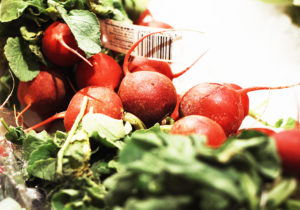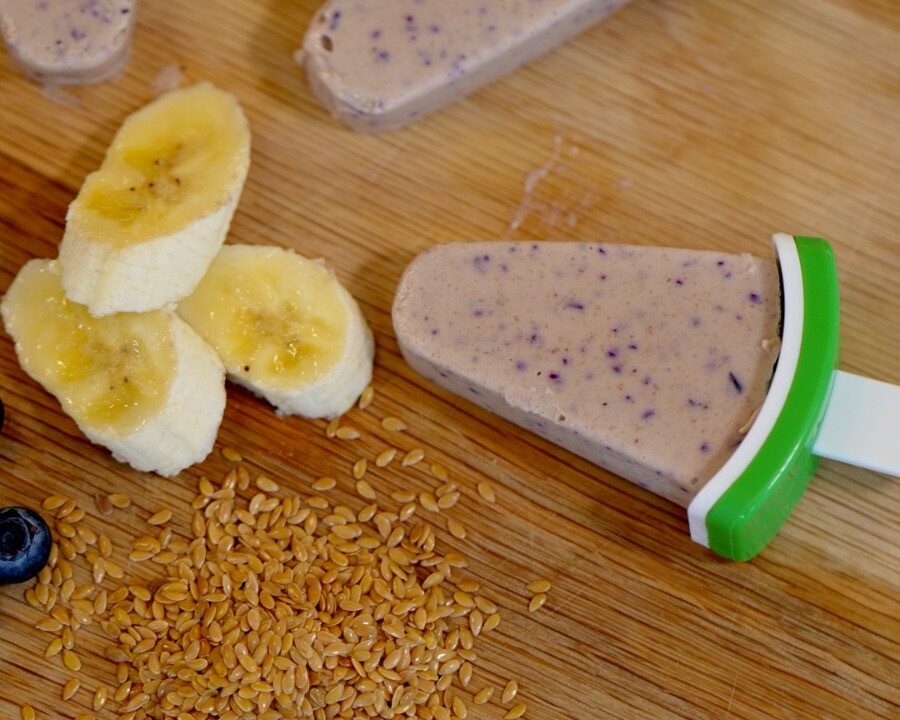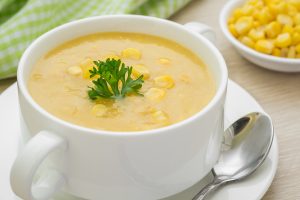A growing body of evidence supports the benefits of a diet rich in natural foods. Emphasizing fruits and vegetables while steering clear of processed foods, meat and sugary products, can radically decrease our chances of getting sick while supporting optimal health and longevity.
One family of vegetables, however, is particularly cut out to help us fight cancer, according to various reports. These nutrient-rich foods are not only high in carotenoids, vitamins C, E and K, folate, minerals and fiber, but they also contain a group of sulfur-containing substances called glucosinolates that are broken down to form biologically active compounds such as indoles, nitriles, thiocyanates and isothiocyanates (ITCs).
Compound Found in Broccoli, Radishes and Other Veggies Used to Slow Tumor Growth
A recent study published by Science showed that the disease-fighting ingredient known as indole-3 carbinol (I3C) and found in cruciferous vegetables such as broccoli, was able to inhibit tumor growth by impacting a cancer-causing gene called WWPI.
By analyzing another gene called PTEN, which aids in stopping tumor growth but gets shut off in some individuals, researchers found that the WWP1 releases an enzyme that stops PTEN from functioning as it should.
That’s where the I3C ingredient in cruciferous vegetables comes into play. Researchers found that it could serve as a potential antidote to the detrimental effects of the WWPI gene, by stopping WWPI from working and aiding PTEN in slowing tumor growth.
While the study notes that to get the full benefit, you’d have to eat six pounds of raw cruciferous vegetables, Yu-Ru Lee, PhD., author of the paper, says that it “paves the way toward a long-sought tumor suppressor reactivation approach to cancer treatment.”
The study helps support previous research that highlights the cancer-fighting properties of these vegetables. According to The National Cancer Institute, the indoles and isothiocyanates in cruciferous vegetables have been found to inhibit the development of cancer in animal organs including the bladder, breast, colon, liver, lung and stomach.
In a blog post, Joel Fuhrman, MD, cited various studies that showed ITC-rich cruciferous vegetables protected against cancer. For example, one study found that 28 servings of vegetables per week lowered the risk of prostate cancer by 35%, while just three servings of cruciferous vegetables per week decreased risk by 46%. Another study showed that one serving of cruciferous vegetables per day lowered the risk of breast cancer by more than 50%.
The cruciferous vegetable family includes greens such as kale, broccoli, Brussesl sprouts and bok choy, as well as cauliflower, watercress, radishes, cabbage, and more.




